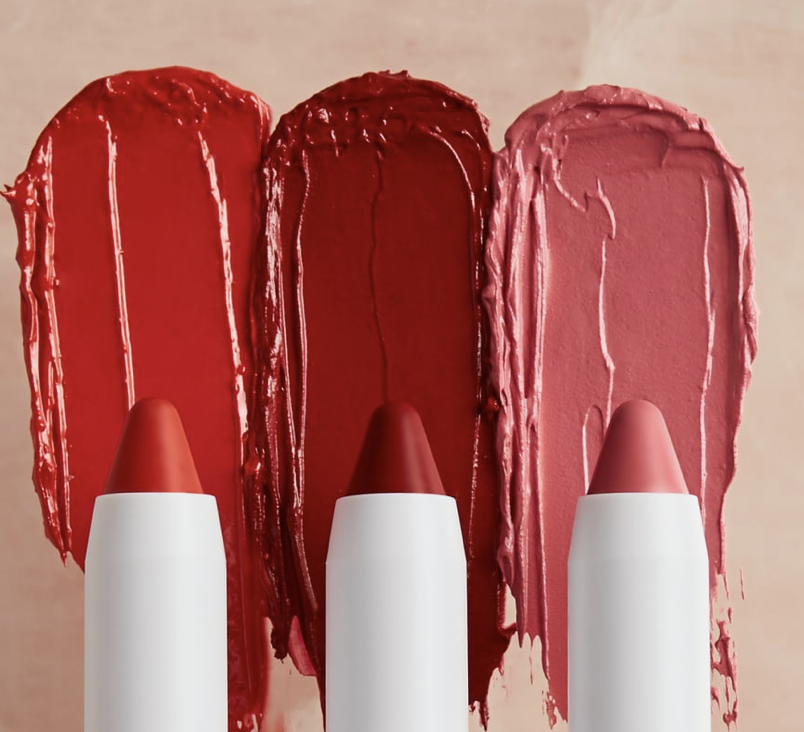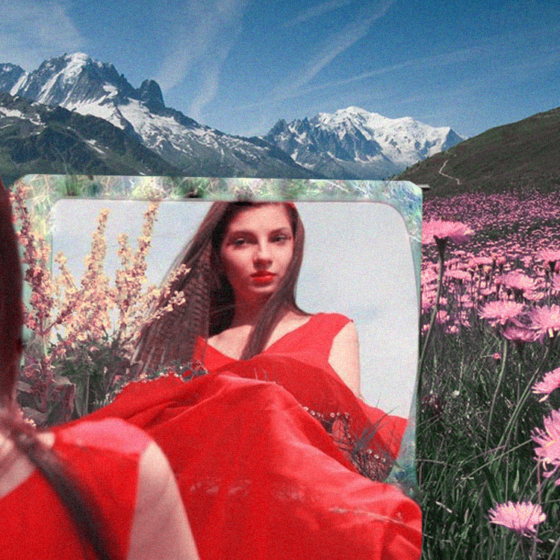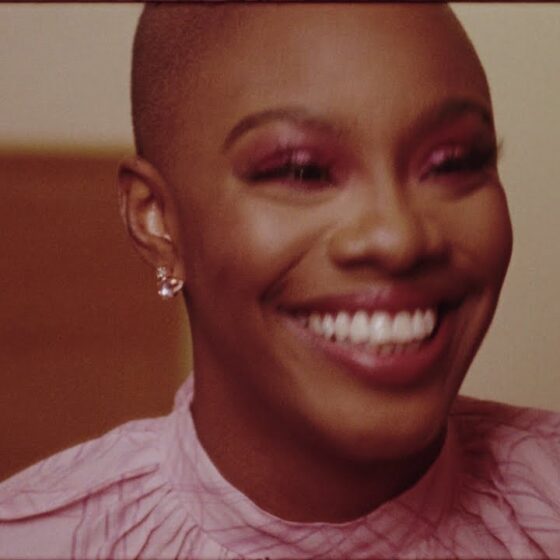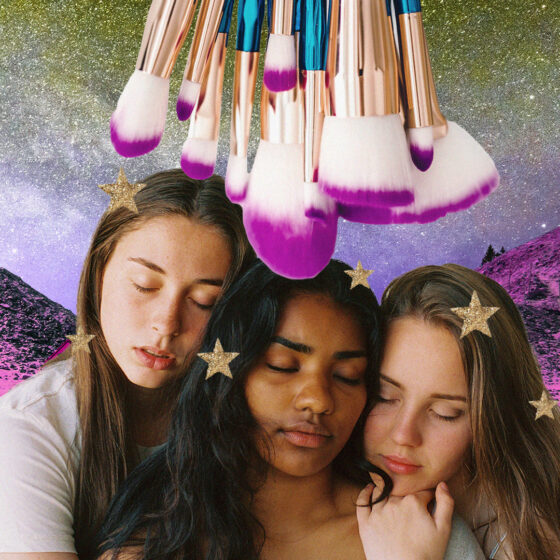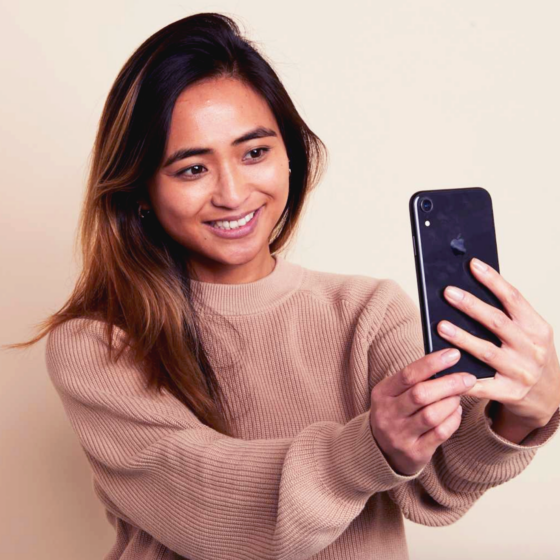When most of us think of our beauty routines, it’s with a sense of fondness. Taking time to rub cream onto your face, delicately extend lashes with a mascara wand, or smearing sweet-tasting goop around our mouths tend to be seen as relaxing, pleasant, positive time during our days. And honestly, compared to much of what we have to deal with (emails, washing up, laundry, the news, emails) applying makeup and skincare hardly feels like a chore.
But a pernicious issue with beauty routine presents itself on those days when you just don’t feel like it. Because as much as we all like to feel like it’s a choice, opting out can feel like at the very least a risk, and at its worst, an impossibility. Think about it – if you’re feeling overtired and don’t want to get up minutes earlier to go through your skin, hair, makeup routines, what is the alternative? Arrive at whatever destination unkempt? To many of us, it’s oddly unthinkable.
And what’s so odd about it? Many of us have never even critically examined this before. Having to do makeup and hair, no matter whether we fancy it or not, feels like a strange fact of life. We accept it without question. This is just the way things are, we sigh, as we reach once more for our eyelash curlers.
Being female-presenting has a lot of downsides – like the pay gap, or the constant fear of assault, for example. I’m not claiming our labours of beauty are in any way comparable – but that doesn’t mean they shouldn’t be discussed, right? And the more I think about it, the more I worry the idea of having to look “polished” and “put together” actually overlaps with many of the other issues of inequality more generally.
Beauty privilege is well documented – and it’s a sad but (probably) true fact that people who are naturally more … aesthetically appealing tend to get treated better by the outside world. But what I’m talking about is more like “polish privilege.” Women who wear (exactly the right amount) of makeup, maintain a haircut, dye and style, have what’s seen as “good” skin, tend to be seen as more put together in other ways, too.
Opting out of a beauty routine, as a female presenting person, can mean you risk looking like you care less. This can translate to looking less hardworking, less effort-driven, less worthy, or generally just less than. While in actuality, we all know how you look essentially has little to no bearing on what’s going on inside your head, to our immediate instinct, the difference is striking.
Let’s look at men, for a moment (I’m sorry, but we have to). Think of the average bloke’s beauty routine. Shower, wash hair with soap, apply whatever deodorant was on offer, and straight out the door. This is all the effort they need to put in to look acceptably presentable. Could a woman do the same? Well, literally, yes. But if they did, their natural appearance would undoubtedly be seen as some sort of rebellious statement – or, even worse, they might be called “brave.”
A woman will always spend more time and effort on a morning routine, because if they don’t, it’s seen as outside of the realms of normalcy. Styling hair, adhering to a skincare routine, putting on makeup – these are all things that are no longer seen as extra, but expected as the bare minimum.
And hey, sometimes spending time and effort on these things seems like something we want to do. The problem is, when something is presented without an alternative, it basically becomes an unwritten rule. No matter how much I may think my choice of lip gloss is independent and unaffected, every decision we make is clouded by what society has dictated to us. Unless you’ve lived in a media-free bubble until today (and honestly, I kind of envy you if that’s the case) you can’t trust your judgements to be totally, purely your own. Frightening, isn’t it?
No matter how much I may think my choice of lip gloss is independent and unaffected, every decision we make is clouded by what society has dictated to us.
So, where does beauty stop being a joy, and start being a labour? In my opinion, it’s when it’s no longer seen or felt to be an option. If you want to put on a face mask on a Sunday evening, or search for the perfect hair oil that adds shine but no heaviness, then that’s a good thing. The world is hard! Beauty products can help!
The problem arises on days you want to opt out, but realize you feel you can’t. If you’re expending more time, money, effort, and brain space on your beauty routine than you actually want to, then it starts to become oppressive. And while the solution isn’t quite here yet, (many of us know in our heart of hearts if we rolled straight from our beds to our place of work, we’d be heading straight for a disciplinary) knowledge is power. Understanding beauty as a double-edged sword is is key. It’s not an enemy, per se – but neither should it be considered a true and total friend.

